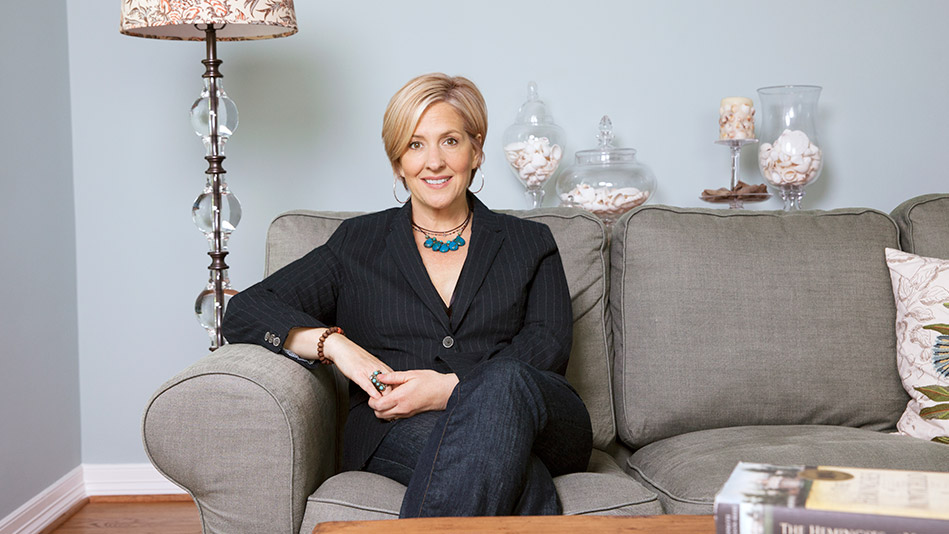3 Keys to Setting Great Expectations
It's been said that "expectations are resentments under construction." Brené Brown couldn't agree more. She even goes so far as to say that expectations are sometimes shame under construction.

Photo: Leann Mueller
When we develop expectations, we paint a vivid picture in our head of how things are going to be, look and feel, and—riskiest of all—how the people around us will behave and respond. "I'm going to lose 10 pounds before my reunion so I can knock their socks off!" But what happens if you're like me, and you realize the day before the reunion, "Dang! I forgot to lose those 10 pounds!" Your excitement may turn to dread. Equally upsetting: What if you do drop the weight and not a single person loses his socks?
Well-meaning but unchecked expectations are loaded with potential shame and resentment bombs:
"I'll have fun at the party if I'm different from the way I am now. I'm not enough."
"I'll feel good about myself if other people notice me. My self-worth is riding on my ability to control other people's behavior."
When we develop expectations and base our opinions of ourselves on meeting them, we can invite feelings of shame. When we allow our happiness to be contingent upon others, we set ourselves up for resentment.
The Dare
Become conscious of your expectations. The fastest way for an expectation to morph into shame or resentment is for it to go unnoticed. Recently, my family returned from one of our best-ever vacations. Why was it so fabulous? Before we left, my husband, Steve, said, "Let's talk about our expectations." Of course, I didn't think I had any. But two hours later, I'd coughed up an entire laundry list, from sleeping late to reading three books (neither easy at Walt Disney World). Acknowledging these expectations helped me make them more realistic—and avoid disappointment.
Do some heavy vetting. Once you've awakened to your unconscious expectations, check them. I try not to expect outcomes I can't control. For example, when I'm speaking to a large group, I no longer tell myself, "If I say all the right things, they'll love it." My new expectation is simply to walk off that stage feeling proud of how I handled myself. That's the part I can control.
Drop the prerequisites. There are no conditions on worthiness. We are not worthy only if we lose five pounds, or get promoted, or avoid divorce, or if our kids are accepted into the right school. We are worthy of love, belonging and joy now—as is.
Brené Brown, PhD, is the author of Daring Greatly (Gotham Books).



